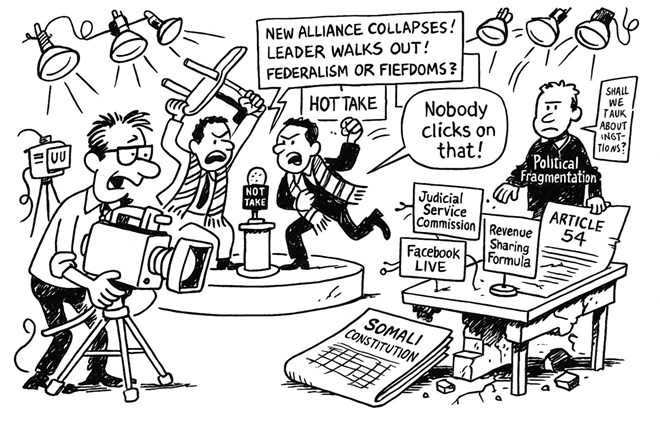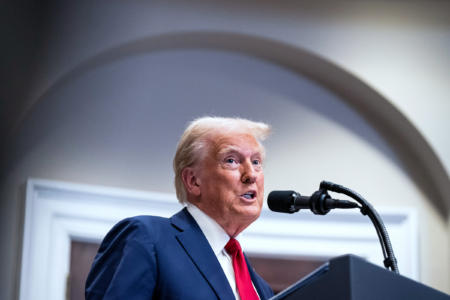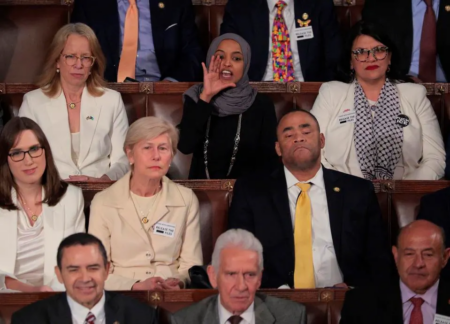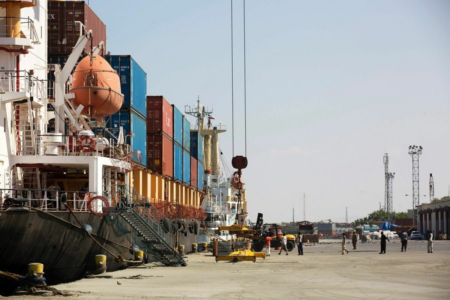Somalia political crisis started a few decades ago.
But despite years of conflict, negotiations, and leadership changes, the national conversation remains narrowly focused on short-term political drama rather than the deeper, structural issues driving the chaos.
Leadership rivalries, clan-based disputes, and shifting alliances dominate headlines and public discourse—while the core issue, the absence of a clear constitutional framework, is consistently ignored.
This distraction from fundamentals has left Somalia stuck in a cycle of crisis without resolution.
Media Commentary Mirrors Political Fragmentation
Platforms like Hiiraan Online and other Somali outlets routinely publish opinion pieces that reflect the same divisions they claim to decry—often choosing sides, highlighting feuds, or calling for vague “unity.”
Yet, rarely do these discussions dive into the root causes: unresolved constitutional mandates, absent institutions, and weak civic understanding of governance.
This failure of public dialogue leaves citizens misinformed, focusing on personalities and alliances rather than understanding how a functional government should work.
Instead of diagnosing Somalia political crisis and system, media commentary continues to react to symptoms.
Somalia Political Crisis Is Constitutional at Its Core
The issues dominating Somalia’s politics—who controls elections, how power is shared, how resources are managed, and the legitimacy of federal and state mandates—all stem from an unfinished constitutional order.
The Provisional Constitution still leaves key powers undefined.
Article 54, for instance, defers critical decisions on natural resources, security, and revenue-sharing to future negotiations that have never taken place.
Somalia Political Crisis Forces Leaders to Govern by Improvisation
Vital institutions—such as independent federal courts, constitutional commissions, and judicial oversight bodies—remain unimplemented.
This vacuum forces leaders to govern by improvisation, using selective legal interpretations and clan loyalties to pursue their goals.
Without these constitutional guardrails, conflict is inevitable.
Clan Federalism vs. Functional Federalism
What Somalia practices today is not genuine federalism—it’s clan federalism.
Because the constitutional groundwork hasn’t been completed, federalism has been hijacked by clan interests, leading to fragmentation instead of cooperation.
Instead of serving as a system for managing conflict, federalism in Somalia has become a tool for political competition.
The lack of clear rules allows actors to exploit public confusion and bypass legal processes.
In the absence of shared national identity and civic understanding, clan loyalty becomes the default political lens.
Federalism Needs Time to Solve Somalia Political Crisis
Federalism was never meant to be a quick fix. It’s a long-term, negotiated system requiring constant maintenance, clear power-sharing mechanisms, and institutional checks.
But in Somalia, the media often portrays it as either a threat to unity or a complete solution—when it is neither.
Why Civic Understanding Matters
Somalia’s political future depends on a citizenry that understands how government should work.
Without that, claims of authority go unchecked, misinformation spreads, and clan narratives dominate.
Educators, journalists, and public commentators must step up to explain the constitutional processes, power structures, and institutions needed to transform Somalia from a fragmented society into a functioning federal state.
Other countries have shown that constitutional clarity and civic education are essential for overcoming deep divisions.
Somalia needs to follow that path—not just with political negotiations, but with a national conversation about rules, responsibilities, and rights.
Read also: Now, We Can Unlock Somalia Financial Future Through 2 Trusted Institutions – But How?
From Personality Politics to Institutional Reform
Somali political coverage often focuses on who is clashing with whom—federal leaders vs. state presidents, opposition vs. incumbents, region vs. region.
But this obsession with personalities masks the deeper truth: Somalia still lacks a complete governance framework.
Until institutions like the High Court, Constitutional Court, and Judicial Service Commission are established, Somalia political crisis will continue as personal power plays and ad hoc decisions.
Without independent dispute resolution bodies, every disagreement turns into a national crisis.
Commentators must help the public understand that these are not just technicalities—they are the foundation to minimize Somalia political crisis.
Media’s Missed Opportunity
Every time Somali media reports on political conflict without context—without explaining the governance gaps that caused it—it reinforces misunderstanding.
This narrative failure keeps the public stuck in cycles of blame and confusion.
The solution of Somalia political crisis isn’t simply to demand unity.
It’s to build the legal and institutional tools that make unity possible.
This includes defining the roles of federal and state governments, establishing independent commissions, and creating frameworks for negotiation and power-sharing.
These changes won’t happen overnight.
But without starting the conversation, they won’t happen at all.
Federalism Is a Process, Not a Product
True federalism is an evolving system—it requires sustained negotiation, a commitment to refining institutions, and active civic engagement.
Somalia hasn’t yet built the mechanisms necessary to support it.
That means power-sharing, dispute resolution, and revenue allocation must all be defined—and not through backroom deals, but through inclusive, transparent processes.
Constitutional ambiguity breeds conflict.
Closing these gaps—one institutional reform at a time—is the only way to replace chaos with order.
A Call to Action for Somali Voices to Help in Solving Somalia Political Crisis
Somalia political crisis isn’t just about bad leadership or clan rivalry.
It’s about a state still missing the institutions and shared rules needed for functional governance.
The media, educators, civil society, and commentators all have a duty to shift the discourse from drama to diagnosis—from personalities to process.
Opinion writers must explain, not just emote.
Civic educators must teach, not just criticize. And political commentators must anchor public debate in governance, not gossip.
Until that happens, Somalia political crisis will remain entrenched—not because its natural, but because the structures that could contain them have never been completed.
What Does Somalia Need for Real?
Somalia doesn’t need more speeches, more factions, or more blame. It needs a shared commitment to building a real federal state—with clear rules, strong institutions, and a public that understands them.
That transformation starts not in parliament or at the negotiating table, but in how the nation talks about itself.
If Somalia is to move forward, the conversation must change—from sentiment to structure, from reaction to reform, and from politics to state-building.
Source: Hiiran








